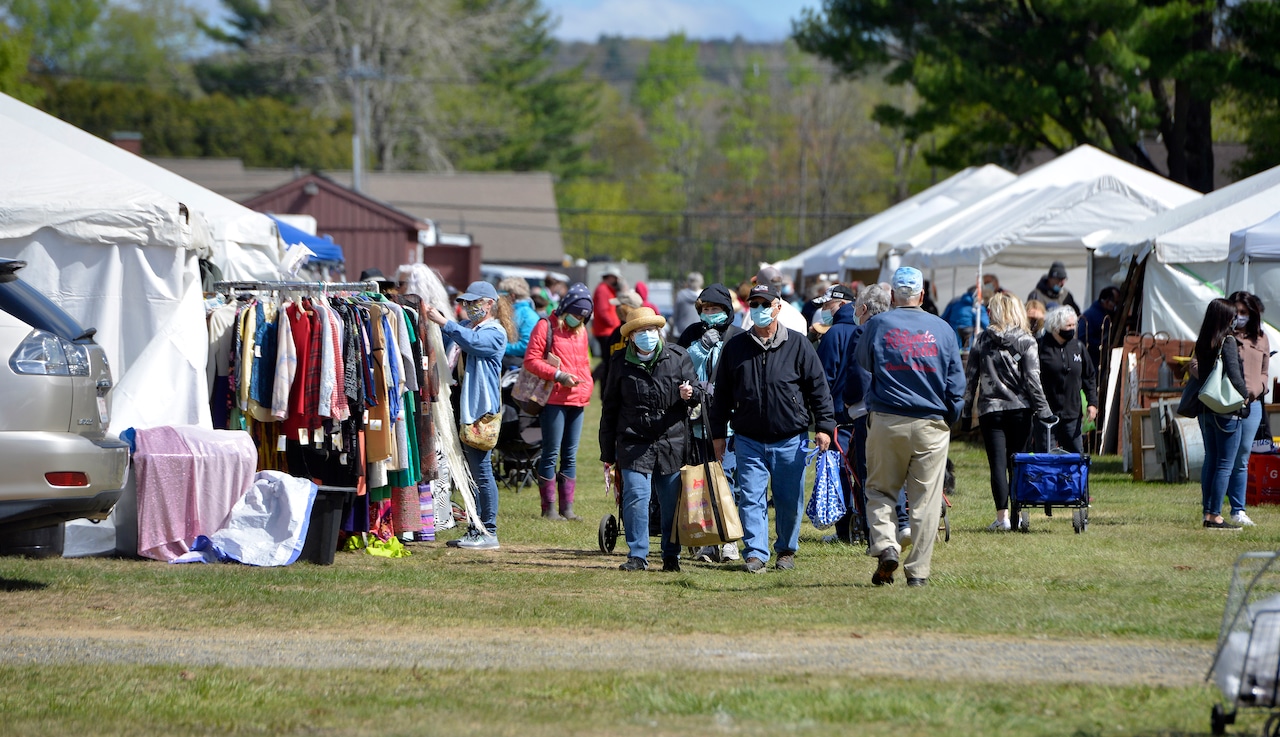
SPRINGFIELD — Just before City Council President Jesse Lederman adjourned his last meeting as a city legislator, he told his fellow councilors and the audience he had no regrets over his six years in office.
“The work we do on the City Council really does matter,” he said. “It can feel like wheels are turning slowly in government but it adds up.”
He talked about the big victories that took years to settle such as the 14-year battle to prevent the Biomass wood-burning power plant from moving into Springfield — which was one of the reasons he ran for City Council in the first place. There was also the successful fight to create a strong police commission that was decided by the Supreme Judicial Court and the creation of a housing trust fund that he hopes will help solve the city’s severe housing crisis.
But there are so many little pieces of legislation and votes that didn’t make headlines but improved residents’ lives in smaller ways, such as making it easier for people to join boards and commissions or fixing a quality of life problem on a single street.
It seems that Lederman has always been the representative who is there when there is a crisis or event, Councilor Melvin Edwards said in the last meeting. But the fact is Lederman is just 29 as he is ending his reign on the City Council, which encompasses three terms, a time as vice president and his about 18 months as president.
His fellow councilors and city officials and Lederman himself jokes that he got involved in politics as a toddler. They are off by a little bit, but not that much.
“My very first involvement was as a kid growing up in McKnight and getting involved with young people speaking out and standing out against gun violence in Springfield,” he said.
That led to him becoming the youth representative on the McKnight Neighborhood Council when he was 13, which he called a great learning experience and his first real opportunity to study government.
The fight over the Biomass plant however probably cemented his interest in public service, which is a battle that didn’t completely end until December with a final court ruling.
“The saga of the incinerator was a defining moment for the city of Springfield since those type of decisions didn’t get made with people in the room,” he said. “The first permit was in 2008 and it passed without much opposition.”
The City Council’s work to create a stronger police commission, which was blocked by Mayor Domenic J. Sarno when he refused to name members to the board, was also a significant win for government in general even if the council had to go to court to make it happen, Lederman said.
The court ruling showed the City Council had its own right of power despite the strong mayoral form of government in Springfield, he said.
“For government to be healthy you have to have both branches operating at full capacity,” Lederman said, adding he always felt his role as president was to ensure the council had the tools to do the job properly.
The City Council has its own power and its own significance. People can’t usually complain to the mayor directly about a pothole or a problem property, but they do phone city councilors and often can see a swift resolution depending on the issue.
“The City Council is the closest body for the people,” Lederman said. “A lot of the position is teaching and making sure city services are meeting their needs.”
That especially came to the forefront during the COVID-19 pandemic when the council members took on a huge role of connecting people with resources to keep families safe. Lederman said they had a directly line to the secretary of unemployment to help people get the information they needed when facing layoffs or reduced hours.
“It highlights the uniqueness and flexibility the City Council allows and its responsibility to support the community,” he said.
The pandemic also forced the City Council to make technological advances that make it easier for residents to participate in government through remote connections, which Lederman said he hopes to see continue, expand and improve after he leaves.
At the start of his public service, Lederman said he learned that listening to people in the community is vital to making a better city because no one person understands the challenges and needs of every neighborhood. Before COVID, he would hold community meetings where 100 or more people could come out to talk about the state of Springfield and he hopes those return at some time.
Even at times when the City Council seems like it is a group that can’t agree, most of the debate and divisiveness comes from the fact that there are 13 people who really all want the best for the city but have different ideas on how to make improvements or solve problems, he said.
“The City Council is only as strong as its coalitions and relationships,” he said. “The big victories we won were only possible because we had a super majority of councilors who agreed and you only reach that commitment through hard work and real dialogue.”
That means negotiating and finding a compromise. For example, when the council was creating laws to allow cannabis businesses in the city, Lederman wanted 50% of local revenue directed toward neighborhoods to boost affordable housing, improve infrastructure, preserve historic buildings and more.
One of his concerns was how the new cannabis businesses would impact marginalized neighborhoods most affected by the war on drugs and if those businesses would be drawn to those areas as liquor stores have been in the past, he said.
In the end he had to compromise, but still 33% of the funds are set aside for neighborhoods. The mayor and City Council together will have the final say on how that money is spent.
Now the fund has about $1 million in it and Lederman said he is excited to see how it will be used.
Lederman actually postponed his honeymoon for two days to vote on the proposal to ensure it passed, and for that he thanks his wife Emila, who he met in his first day at the University of Massachusetts Amherst in a class they both took that was perceptively called “Ideas that change the world.”
In fact he said he thanks his entire family and many friends for their patience, understanding and, of course support, as he campaigned for City Council and most recently for mayor as well as while he missed or was late to events because of his community work.
As Lederman leaves the council this week he said he is still happy he made the difficult choices to run for mayor and to leave his job at the University of Massachusetts so he could take the time to campaign.
“I wanted the opportunity to do more and offer another choice,” he said. “I’m proud of the campaign we ran and that we stayed focus on issues that really matter.”
As he moves into the future, Lederman said he expects to still be involved in some type of public service and will always be there to support the city.
And he pledged he and his wife will not miss those McKnight Neighborhood Council events and holiday potlucks that got him involved in the first place.





